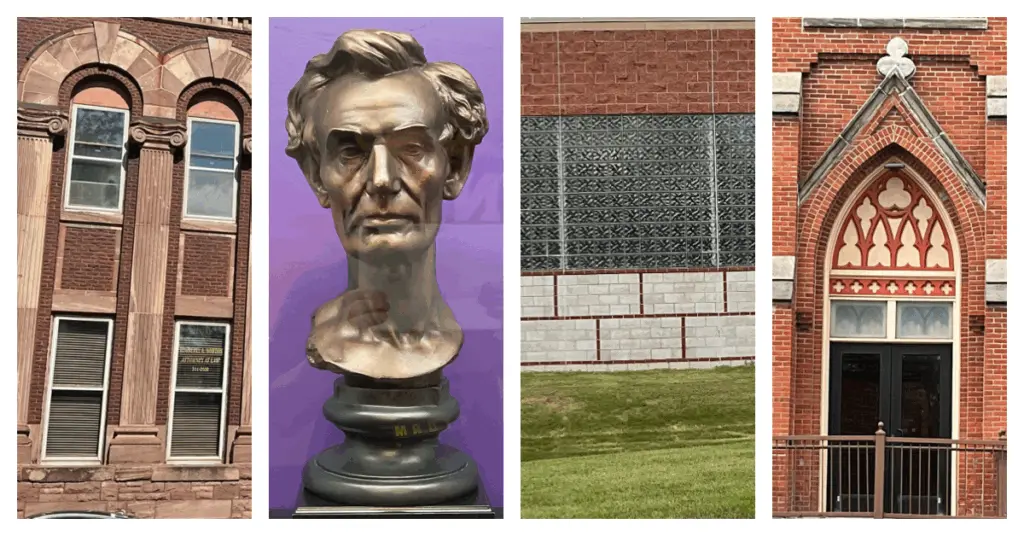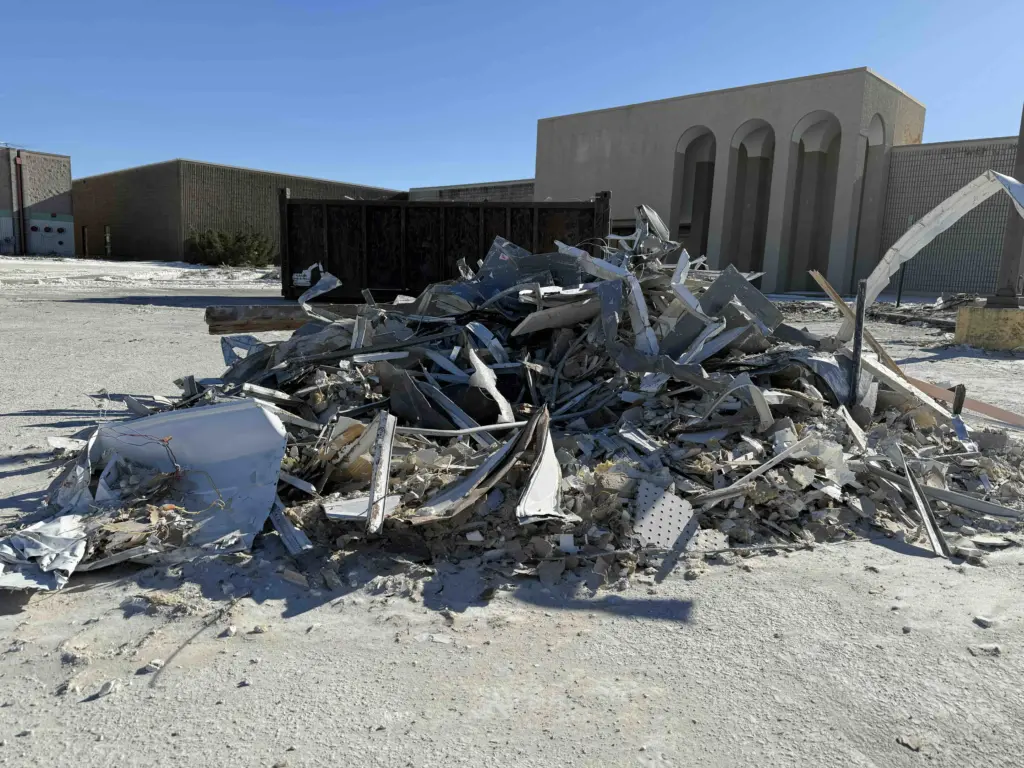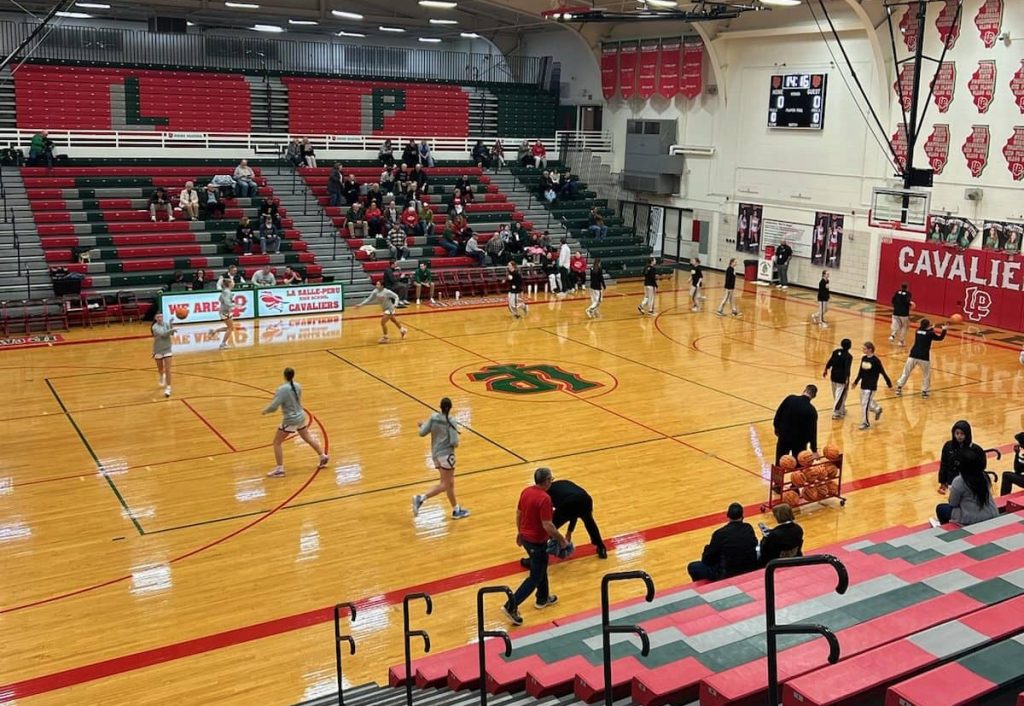The University of Illinois is home to one of five newly-funded National Science Foundation biofoundries.
The NSF awarded $15 million over six years to the U of I for a new iBioFoundry. The project builds on more than ten years of research to integrate synthetic biology, laboratory automation and artificial intelligence (AI) to advance protein and cellular engineering.
Huimin Zhao, Professor of Chemical and Biomolecular Engineering at the University of Illinois Urbana-Champaign, said the biofoundry will help students and other researchers greatly in their experiments.
“This is a very exciting time for AI technologies. We are very interested in applying AI for synthetic biology applications, trying to engineer organisms, enzymes, or whole cells for production of various chemicals or using biological systems for treatment of some diseases,” Zhao said.
Zhao is also leading an NSF AI research institute focusing on molecular synthesis. He says this is an exciting time for AI technologies for synthetic biology applications, despite concerns about AI technology.
“Any technology is a double-edged sword, right? You can use it for good things but also for bad things,” Zhao said.
The Illinois facility is one of five NSF biofoundries to be established in the United States, with a total investment of $75 million in federal taxpayer funds.
The National Science Foundation selected the U of I to create an iBioFoundry with a focus on protein and cellular engineering.
Professor Zhao said the funding is enough to launch the biofoundry and offer some services to the community, but more investment will be required to make it a national research center.
“We want more and more researchers to use our facility, so in that case, we need more resources to further develop the technology and also make it broadly available,” Zhao explained.
Zhao said the pilot program is kind of an experiment for the National Science Foundation.
“If they see a clear need or huge demand, I’m sure they’ll be very willing to invest more to convert it into an even bigger facility,” Zhao said.
Zhao said industrial funding could come from companies interested in the technology. He suggested that the university might provide some support as well.
The National Science Foundation’s budget request to Congress for fiscal year 2025 was $10.183 billion.








